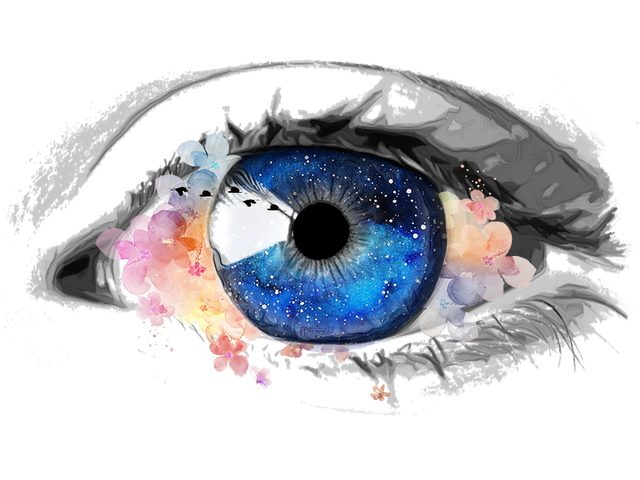Human life is inherently valuable and important, and there are many reasons why this is the case. Firstly, every human being has the capacity to experience a wide range of emotions, including happiness, love, and joy. These experiences are unique to humans and are an essential part of what makes life valuable.
Secondly, every human being is capable of making choices and decisions, which can have a significant impact on their own lives, as well as the lives of others. This capacity for free will and autonomy is a crucial aspect of human life and is highly valued by individuals and society as a whole.
Thirdly, every human being has the ability to create and contribute to society in various ways, whether it be through art, science, technology, or other fields. This ability to innovate and create is what has allowed humans to progress and improve over time, and is a fundamental aspect of human nature.
Finally, every human being has a unique identity and personal story, which adds to the richness and diversity of human experience. Each person's individual perspective and experience can offer valuable insights and contribute to the collective understanding of the world around us.
In conclusion, the value of human life is inherent and multi-faceted. The capacity for emotional experience, free will and autonomy, creativity and innovation, and individual perspective and experience all contribute to the inherent value and importance of human life. As such, it is essential that we recognize and respect the value of every human life and strive to protect and enhance it in every way possible.
Another important aspect of the value of human life is the capacity for relationships and connection. Humans are social beings, and the ability to form meaningful connections with others is an essential part of our nature. Our relationships with family, friends, and others provide us with love, support, and a sense of belonging, which is crucial to our mental and emotional well-being.
Furthermore, the human capacity for empathy and compassion is another reason why human life is inherently important. The ability to understand and relate to the experiences and emotions of others is what allows us to form deep and meaningful connections, and to work together towards common goals. This capacity for empathy and compassion is what drives humanitarian efforts, social justice movements, and other initiatives aimed at improving the lives of others.
Additionally, the value of human life extends beyond the individual and encompasses the wider community and society. Each person has a unique contribution to make to society, and this contribution can take many different forms. Whether it be through work, volunteering, or other forms of civic engagement, every individual has the potential to make a positive impact on their community and society as a whole.
Finally, the value of human life is also closely tied to the concept of human dignity. Every human being deserves to be treated with dignity and respect, regardless of their race, gender, religion, or any other characteristic. This recognition of human dignity is what underpins many of our moral and ethical values, and is a key part of what makes human life so inherently valuable.
In conclusion, the value of human life is multifaceted and encompasses a wide range of factors. The capacity for emotional experience, free will and autonomy, creativity and innovation, individual perspective and experience, relationships and connection, empathy and compassion, contribution to society, and recognition of human dignity all contribute to the inherent value and importance of human life. It is essential that we recognize and uphold these values, and work to protect and enhance the value of every human life.

Downvoting a post can decrease pending rewards and make it less visible. Common reasons:
Submit